Social Media & Mental Health
How does social media affect my mental health?
Most social media users online are young people under 25. Anytime you use apps or websites like Instagram or TikTok, you are using social media. But like a lot of other tools, using social media too often can have an impact on your mental health.
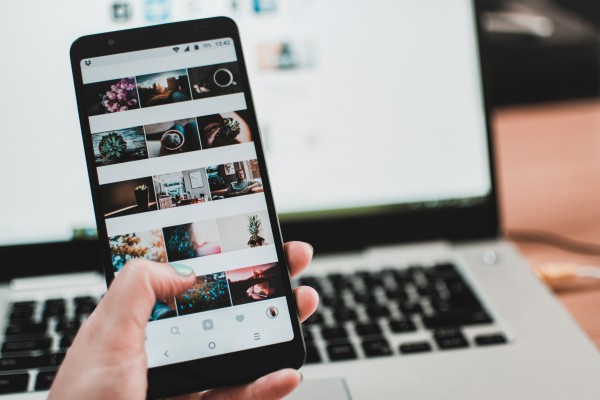
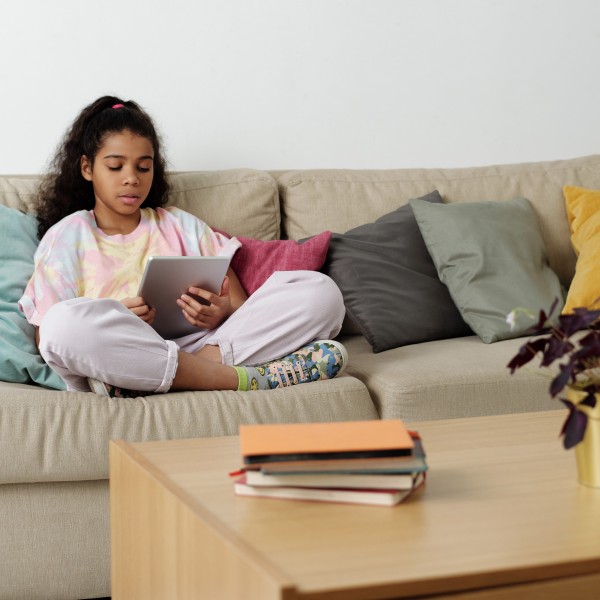
What are the positive and negative effects of social media on my mental health?
There are many good things about social media: you can talk to friends that are far away, learn from YouTube tutorials, and watch funny cat videos. Social media can also make you feel less lonely, by helping you find like-minded people you can connect with.
However, social media can also have a negative impact. Using too much social media without taking care of your mental health can lead to issues with anxiety, low mood, low self-esteem, body dysmorphia and tiredness.
Scroll down to read more about the effects of social media on mental health.
Misinformation and Cyberbullying
It is important to know what to do when dealing with cyberbullying or fake news and photos online. Rather than shutting down your social media accounts, which gives power to the bullies, knowing how to respond to abuse, who to report it to and how to block them will keep you and other young people safer online.
Misinformation is online content circulated on social media with the intention of confusing you about what is real and what is fake. This might look like:
- Fake news headlines and websites
- Deepfakes – fake video and audio recordings where faces have been swapped or digitally altered using artificial intelligence technology
- Photoshopped or digitally altered photos
Cyberbullying is bullying that happens online, including on social media. This might look like someone:
- Posting or encouraging others to post hurtful comments on your posts
- Sharing videos aimed at causing distress, directly targeting you or a group of people
- Posting private photos aimed to humiliate or distress you
- Cyberstalking you or stealing your online identity
Scroll down to read more about the effects of social media on mental health.
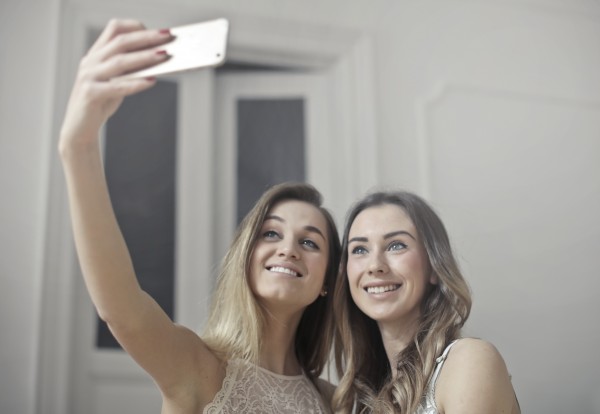
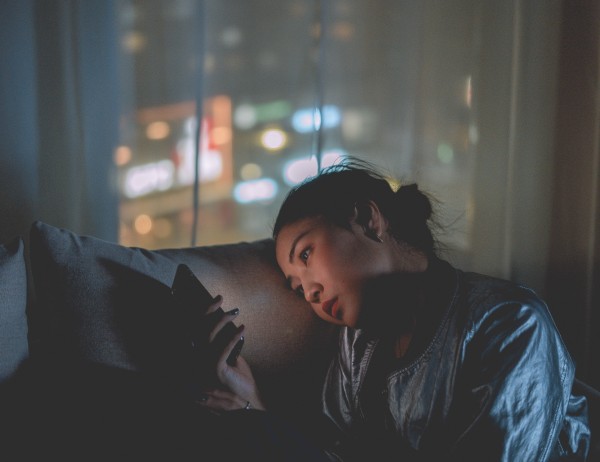
Why does using social media have a negative impact on my mental health?
Many apps are easy to use and are designed to get you to check your notifications regularly. You may also be experiencing pressure from your social groups to follow certain accounts, comment and post regularly. This can cause addictive behaviour, unhealthy habits and overuse.
Unhealthy social media habits include using it for more than 2 hours a day, and sleeping with your phone on your bed, under your pillow or beside your bed.
Without taking breaks or having a ‘digital detox’ it can disturb your daily routines, including your sleep patterns. Over time, these habits can build up and have an impact on your mental health.
Scroll down to see if social media is affecting you.
Is social media affecting you?
Social media can be a helpful tool for your mental health, particularly if you are following influencers who share inspiring and uplifting content. But if you are struggling with your feelings, social media can at times make you feel worse when you compare yourself to others, or if you are not limiting the amount of time you spend online.
Check the boxes if you have any of these feelings regularly after scrolling on social media:
Do I have something wrong with me?
Find out how other young people take care of their mental health when using social media and how you can too.

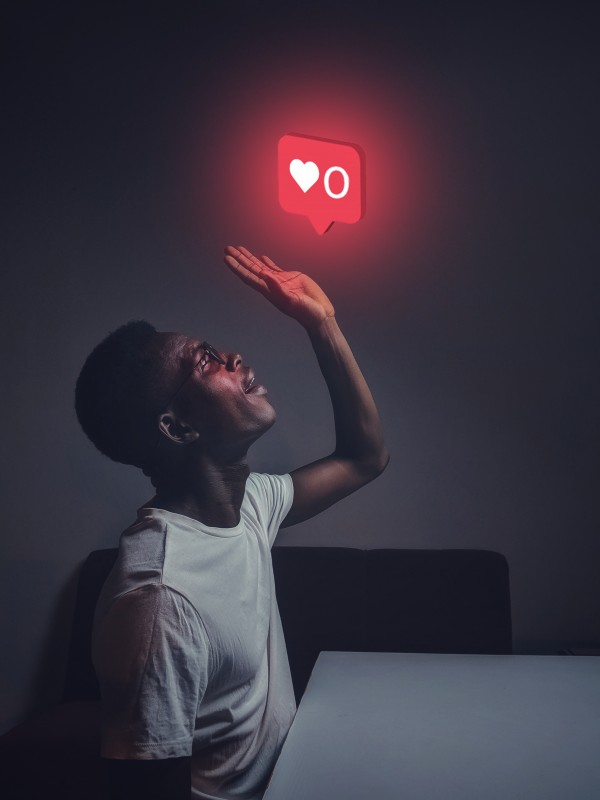
Social Media and Mental Health
Research into social media and the impact on our mental health is limited, because it’s such a new area. However, using social media without practising self-care can lead to mental health issues, and equally, using social media can make any mental health difficulties you already have worse.
For example:
You might follow social media influencers who regularly post photos portraying a body image that is unrealistic and may even be photoshopped without you knowing. Whilst it is natural for you to compare yourself to others, seeing these images repeatedly, might leave you feeling insecure and low in confidence.
If you are experiencing this, you may end up changing the way you look or wonder why you can’t make yourself look the way people do on social media. These unhelpful comparisons can lower self-esteem and lead to issues like body dysmorphia because you are always comparing yourself to an unrealistic body image.
Scroll down to read Ellie's story about how she managed the effects of social media on her mental health.
You Are Not Alone
I love sharing photos of my dog Milo on Instagram. Recently my best friend Rosa started sharing mostly selfies in a swimsuit. I started to feel left out, especially because she was getting so many likes on her photos. I asked her to stop sharing photos with me in them, because I felt self-conscious when taking photos with her. I didn’t feel as pretty, I even felt like her photos would get less likes just because I was in them. Although I never said anything, she noticed something was up and it became awkward between us.
Eventually I stopped sharing any photos with my face in them, but I didn’t stop using Instagram. I realised I started using it more; I checked it first thing in the morning and last thing before bed. One day I decided to talk to Rosa about how I was feeling, and to my surprise she was also obsessed with checking her notifications. She confessed that sometimes she deleted photos if they didn’t get enough likes after a few minutes, because it made her feel anxious that it was ugly. She had even begun photoshopping her face to look thinner in photos! I had no idea she was struggling with her self-image too. We decided to do a ‘digital detox’ together. We unfollowed the accounts that posted images that made us feel bad about ourselves and changed the Instagram settings to give us a warning if we used it for more than 2 hours a day.
After a while, we both felt much better. I still feel low in confidence sometimes, but I feel better knowing that I have more control over what I see on my Instagram, and that I can talk to Rosa about it.
Ellie, 17
Scroll down for our self-prescription to see how you can help yourself!
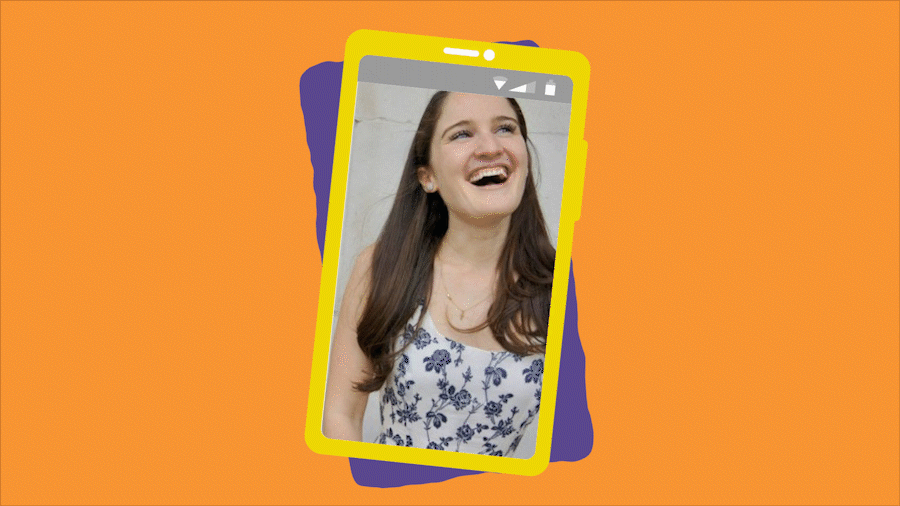
Try our self prescription below now.
Find help, tips and ideas.
How can I take care of my mental health online?
We’ve put together some helpful resources to help you protect your mental health when using social media.
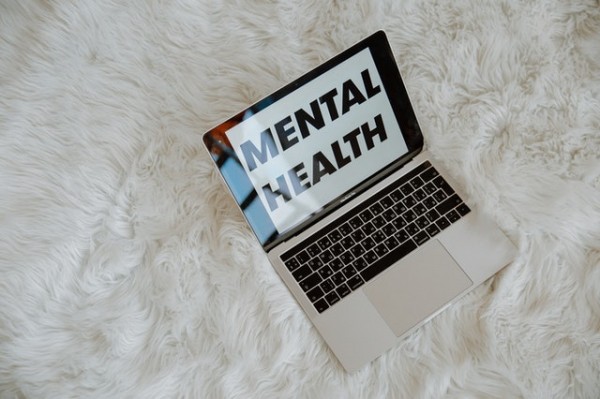
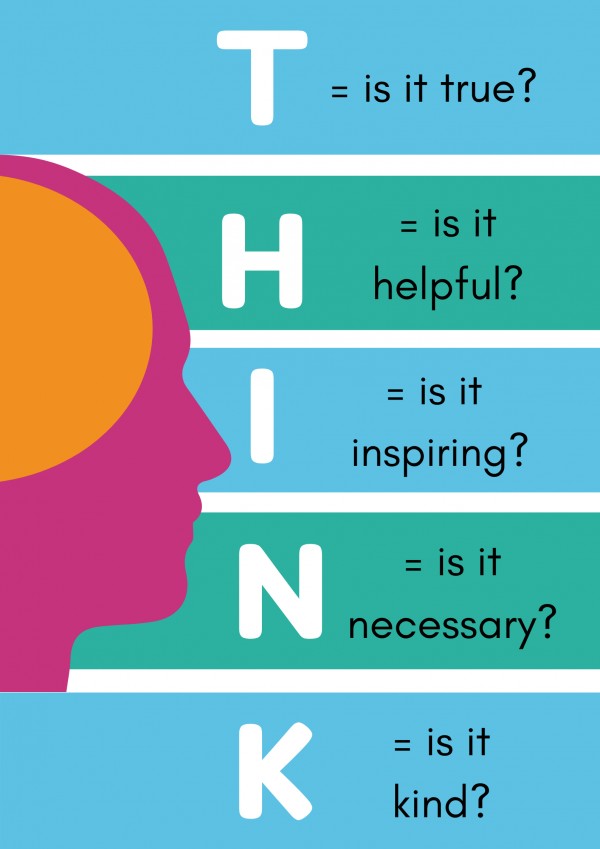
Step 1: Take a Break
Digital Detox
It’s okay to take a break from social media—you probably won’t miss out on as much as you think! In fact, it’s actually pretty healthy to take breaks from social media as regularly as every two weeks. This just means not using social media for at least one full day—whether it’s putting your phone in a drawer for a few hours or just turning off your notifications.
Clean Up Your Social Media
Start by looking at your social media feed on whichever platform you use the most. Do you see content that reflects your interests? Do you follow mostly friends and people you know, or mostly influencers and celebrities? Do their posts bring up negative feelings in you, or do they make you feel good? If they don’t, stop following those accounts. Cleaning up your social media accounts puts you in control of what you feed your mind! You can use the THINK tool to help you decide what to unfollow and what to keep.
Improve Your Habits
It can be helpful to use a tracker app to reduce the amount of time you spend using your phone. If you have a smartphone, you can use built-in to track how often you use different apps on your phone:
Alternatively, you can write down your social media habits each day. Do you check your notifications first thing in the morning? Last thing before bed? Do you wake up in the night because of the notifications? How many times do you check your phone a day, and how long do you spend on it?
Your 3-Day Challenge:
- For the next 3 days, try to limit your time on social media to 1 hour a day.
- Don’t use social media for the first 2 hours of your day, or the last 2 hours of your day.
- Keep a diary and see how it makes you feel!
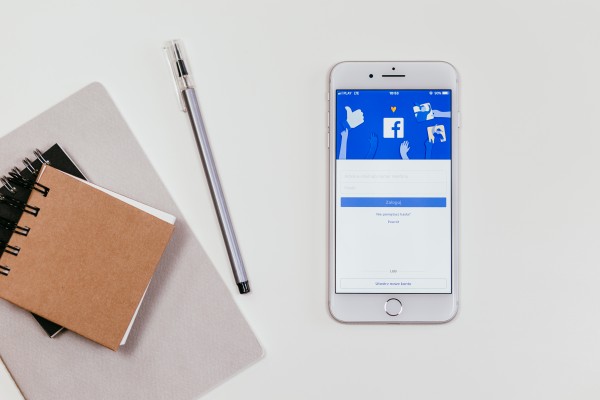
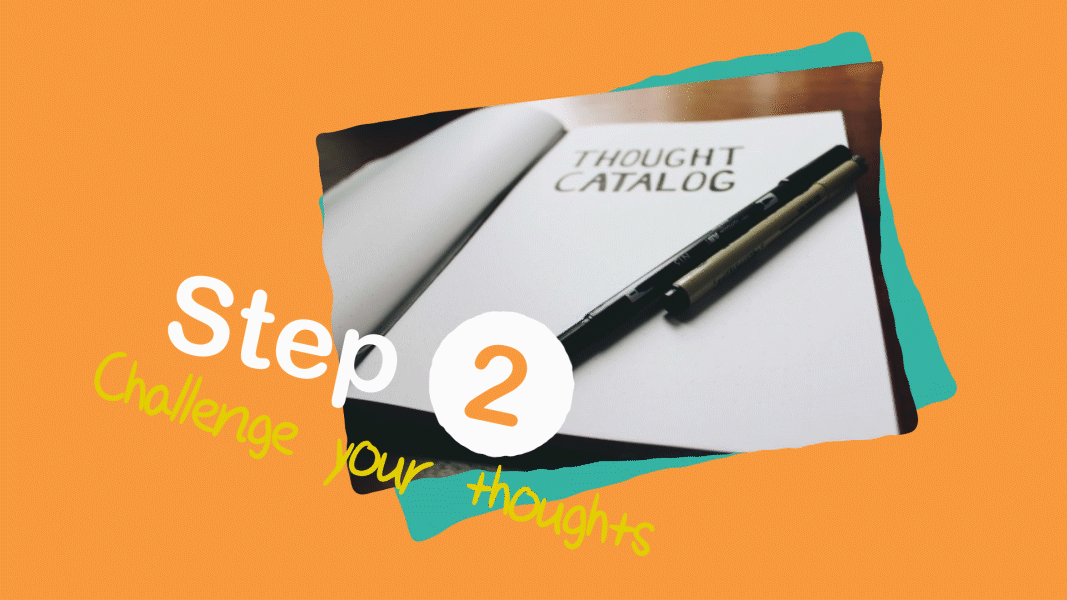
Step 2: Challenge Your Thoughts
Using social media can often trigger negative thoughts and feelings. These thoughts and feelings aren’t necessarily true, or how other people see us. If using social media has left you feeling uneasy, pause for a minute and think:
- Are you comparing your life to someone else’s? Make a list of all the good things in your life, and things you are grateful for.
- Do you feel lonely after looking at social media? You might get FOMO after looking at photos of an event or social gathering you didn’t go to, and feel lonely. Did you want to go there in the first place? Think about something you’re looking forward to, or about a time you’ve recently spent with those close to you.
- Do you feel low after looking at images of models on social media? Just because you see these images a lot, does not mean that they are ‘normal’. Remember that they are paid or sponsored to post a certain image online that might be photoshopped, and that doesn’t reflect what most people really look like.
Step 3: Practice Digital Resilience
If you describe someone as ‘resilient’, this means that they have the ability to recover from setbacks. Think of being resilient like being a rubber ball: whatever you throw it at, it will bounce back.
Digital Resilience is the same idea—it means taking care of your mental health online and developing safe online practices so when the internet throws something at you (like a cyberbully, or a photoshopped photo) you’re able to bounce back like a rubber ball.

Your Digital Resilience Toolkit:
- Learn how to spot a fake news story or a photoshopped image. This can be done with the 3 C’s approach.
- Learn how to report online abuse on the platforms you use. Anti-bullying charity Ditch the Label has a great guide on how to report abuse for Instagram, Facebook and Twitter, along with other resources to protect yourself from cyberbullying.
- Learn how to tell if an image is real or fake. Maybe the photo you’re looking at online is not as real as it seems. You can find out if an image has been digitally altered using the Google Reverse Image tool,
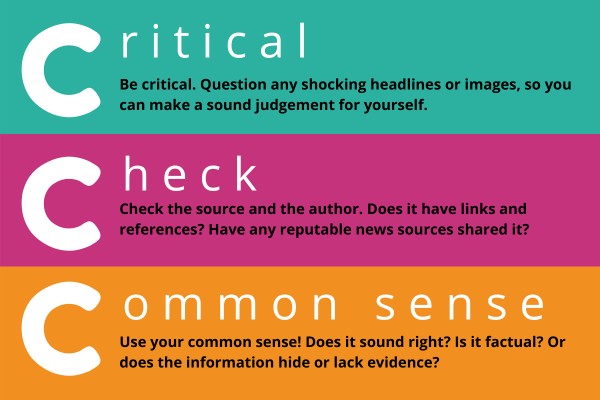

Get Help
If you feel that social media is getting in the way of your day to day life, it may be a good idea to get some help.
Click here to find mental health support services in your area